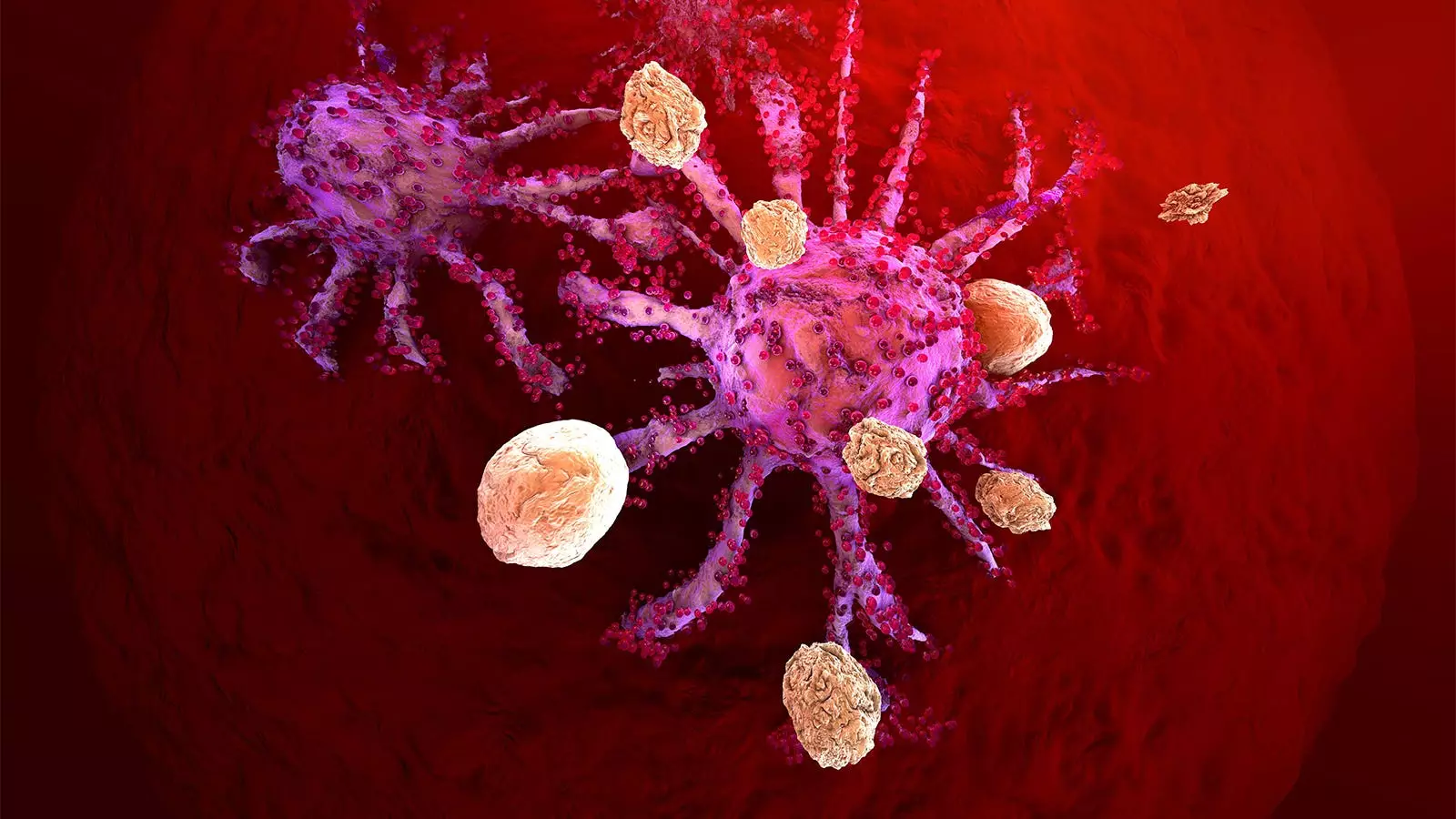In the realm of cancer treatment, CAR T-cell therapy has emerged as a promising and revolutionary approach. Although it has shown remarkable success, recent news about the FDA adding black box warnings to the labeling of CAR T-cell therapies has raised concerns and questions about its safety. This article will critically analyze the effectiveness of CAR T-cell therapy, the risks associated with it, and the implications of the FDA’s black box warnings.
CAR T-cell therapy has shown immense potential in treating various types of cancers, especially in pediatric patients. By re-engineering a patient’s immune system to specifically target and destroy cancer cells, this innovative treatment has yielded impressive results. The ability to witness cancer recede and patients experience remission is undoubtedly a significant advancement in cancer treatment.
While CAR T-cell therapy offers hope, it is important to acknowledge that no cancer treatment comes without risks. Secondary T-cell malignancies have been identified in a small number of patients who underwent CAR T-cell therapy, raising concerns about the procedure. However, when evaluating the risk-benefit ratio, the incidence of secondary malignancies is relatively low compared to the potential benefits of the therapy. Additionally, it is essential to consider that traditional chemotherapy, which patients often receive prior to CAR T-cell therapy, also carries a risk of secondary malignancies.
The FDA’s decision to include black box warnings on CAR T-cell therapy labels has sparked debates regarding its effectiveness. Critics argue that physicians often disregard these warnings, with compliance rates reportedly less than 50%. Furthermore, black box warnings can instill fear in patients, potentially leading them to avoid necessary medications. The lack of transparency surrounding the criteria for issuing black box warnings further complicates the situation.
When considering any cancer treatment, patients and healthcare providers must carefully balance the potential risks and benefits. It is crucial to acknowledge that every effective cancer therapy carries the possibility of side effects. Patients facing life-threatening diseases often make the difficult decision to accept significant risks in pursuit of a chance at survival. In the case of CAR T-cell therapy, if the odds of success are high (e.g., 80-90%) and the risk of another cancer is low (approximately 1 in 1,000), many patients and healthcare providers would be willing to proceed with the treatment.
As healthcare providers, it is our duty to inform and guide patients through their treatment options, including CAR T-cell therapy. While having open conversations about the risk of secondary malignancies is essential, it is equally important to emphasize the potential benefits of the therapy. For many patients, the chance of achieving remission or prolonged survival outweighs the comparatively low risk of acquiring another cancer. Appreciating the gravity of the situation, healthcare providers must approach CAR T-cell therapy with careful consideration and transparency.
CAR T-cell therapy has revolutionized cancer treatment, offering hope to numerous patients. While concerns regarding secondary malignancies have been raised, the incidence is relatively low compared to the potential benefits. Healthcare providers must weigh the risks and benefits when discussing treatment options with patients, ensuring that they are fully informed and included in the decision-making process. The FDA’s inclusion of black box warnings provides an opportunity for transparency and informed consent, allowing both physicians and patients to approach CAR T-cell therapy with cautious optimism. As the field of oncology continues to evolve, it is essential that we critically evaluate new treatments and explore ways to maximize their efficacy while minimizing potential risks.


Leave a Reply